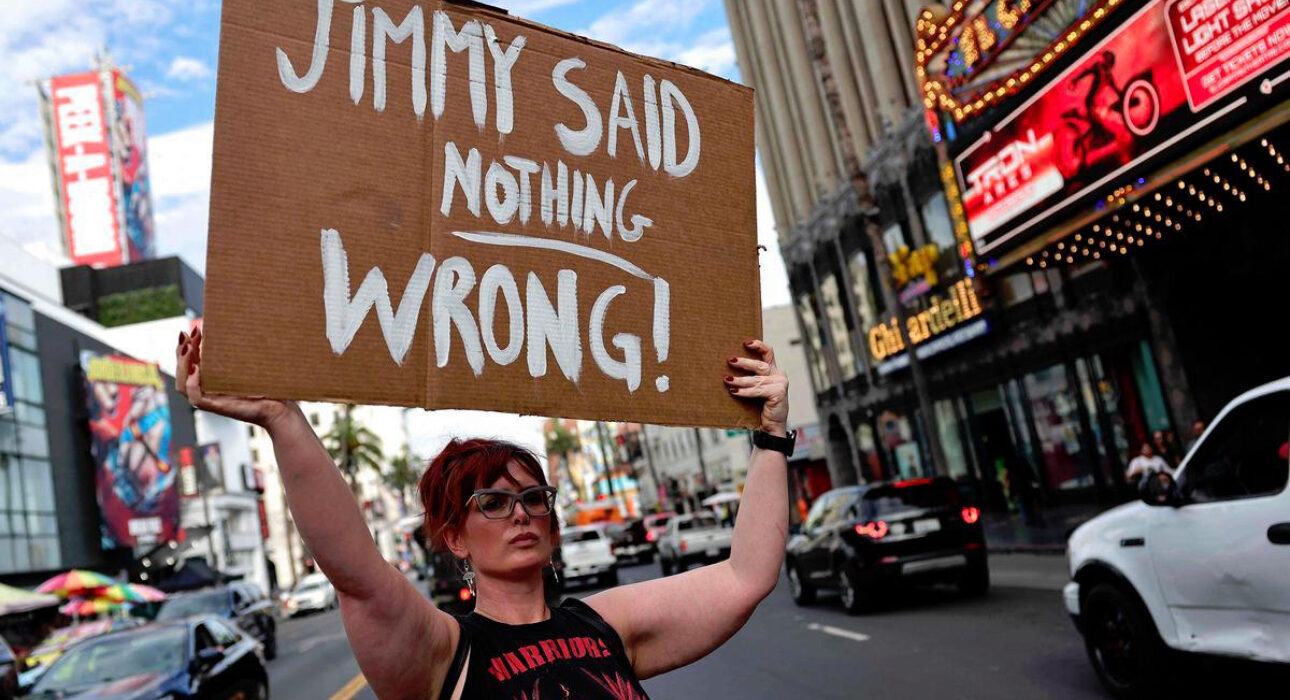US Comedians Condemn ‘Censorship’ After Jimmy Kimmel Show Pulled

The suspension of Jimmy Kimmel Live! has sparked outrage across the American entertainment industry, with fellow comedians and political commentators warning that the move marks a dangerous encroachment on free speech.
ABC confirmed this week that Kimmel’s late-night programme has been taken off air indefinitely following a controversial monologue in which he addressed the killing of conservative activist Charlie Kirk. In his remarks, Kimmel criticised attempts by right-wing groups to deflect scrutiny over the suspect’s alleged ideological leanings, a segment that prompted backlash from some affiliates and government regulators.
Two major ABC affiliates — owned by Nexstar and Sinclair — reportedly refused to air the episode. Shortly after, Brendan Carr, chairman of the Federal Communications Commission (FCC) and a Trump appointee, suggested that stations carrying the show could face regulatory consequences, including potential challenges to their broadcast licenses.
Faced with mounting pressure, ABC opted to suspend the programme altogether.
The decision has provoked a wave of condemnation. Late-night peers Stephen Colbert, Jon Stewart, Jimmy Fallon, and Seth Meyers each used their platforms to defend Kimmel, calling the suspension a clear act of censorship.
“Today, we are all Jimmy Kimmel,” Colbert told his audience, while Stewart mocked the notion of “government-approved comedy” in a special broadcast of The Daily Show.
The Writers Guild of America, along with other entertainment unions, also issued statements blasting the move as an attack on creative freedom.
Free speech advocates and Democratic lawmakers echoed those concerns, warning that the FCC’s intervention set a troubling precedent for government involvement in editorial decisions.
Supporters of the suspension, particularly among conservative circles, argue that Kimmel’s remarks were inflammatory and disrespectful in the wake of Kirk’s death.
They insist broadcasters should exercise greater responsibility over politically charged content.
Analysts say the controversy reflects the broader polarization of the US media landscape, where political satire and commentary often serve as flashpoints in the nation’s cultural battles.
The greater concern, critics argue, is the chilling effect such actions could have on comedians and broadcasters who may now hesitate to challenge political figures.
It remains unclear whether Jimmy Kimmel Live! will return to the airwaves.
For now, the suspension has ignited a debate that stretches far beyond one television show, touching on the core question of how much space exists for dissenting voices in America’s increasingly fraught political climate.









